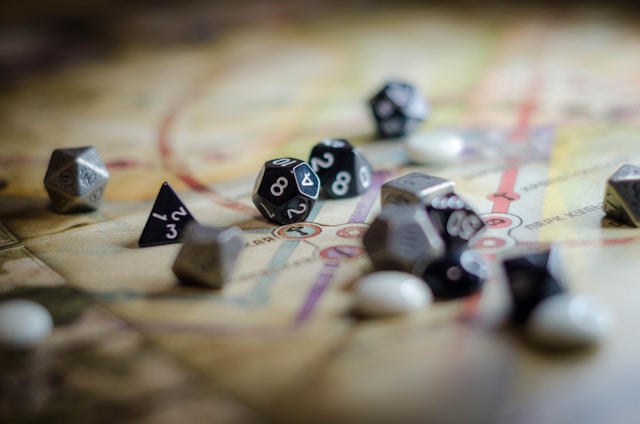In the realm of mental health and well-being, traditional forms of therapy like counseling and medication have long been the go-to solutions for those seeking support. However, in recent years, another form of therapy has been gaining recognition for its ability to heal and empower individuals: gaming. This article explores the therapeutic potential of gaming, shedding light on how video games are being used to address a wide range of mental health challenges and promote emotional well-being.
Gaming as Therapy:
While Atral98 gaming is often seen as a form of entertainment, its therapeutic benefits have been increasingly recognized by psychologists and researchers alike. From reducing stress and anxiety to improving cognitive function and social skills, games have the power to positively impact mental health in numerous ways. One of the key reasons for this is the immersive and engaging nature of gaming, which can provide an escape from real-world stressors and help individuals relax and unwind.
Moreover, many games are specifically designed to promote mindfulness and relaxation, incorporating elements like soothing music, beautiful scenery, and calming gameplay mechanics. Titles like Journey, Flower, and Stardew Valley have been praised for their ability to evoke a sense of peace and tranquility, making them popular choices for those looking to de-stress and recharge after a long day.
In addition to promoting relaxation, games can also serve as a form of cognitive therapy, helping individuals improve their problem-solving skills, memory, and attention span. Puzzle games like Tetris and Portal, for example, have been shown to stimulate the brain and improve cognitive function, making them valuable tools for both children and adults alike.
Games as Social Connection:
Another therapeutic aspect of gaming lies in its ability to foster social connection and support networks. In an increasingly digital world, games provide a platform for people to connect with others who share their interests and experiences, regardless of geographical distance. Whether it’s teaming up with friends in a multiplayer game or joining an online community of fellow enthusiasts, gaming can help combat feelings of loneliness and isolation by providing a sense of belonging and camaraderie.
Furthermore, for individuals struggling with social anxiety or difficulty forming relationships in the real world, online gaming can offer a safe and non-judgmental space to practice social skills and build confidence. Through cooperative gameplay and communication, players can learn valuable lessons in teamwork, empathy, and effective communication, which can translate to improved relationships and social interactions offline.
The Future of Gaming Therapy:
As the therapeutic potential of gaming continues to gain recognition, researchers and developers are exploring new ways to harness this power for the benefit of mental health. From virtual reality experiences designed to treat phobias and PTSD to biofeedback games that help individuals learn to regulate their emotions, the possibilities for gaming therapy are endless.
Moreover, with the advent of wearable technology and biometric sensors, games have the potential to become even more personalized and responsive to individual needs. Imagine a game that adapts its difficulty level based on your stress levels or one that incorporates mindfulness exercises tailored to your specific anxiety triggers. By leveraging the latest advancements in technology and psychology, gaming therapy has the potential to revolutionize the way we approach mental health care and support.
Conclusion:
In conclusion, gaming has emerged as a powerful tool for promoting mental health and well-being, offering a unique blend of relaxation, cognitive stimulation, and social connection. Whether it’s through immersive virtual worlds, relaxing puzzle games, or online multiplayer experiences, games have the ability to heal, empower, and inspire individuals in ways that traditional forms of therapy cannot. As we continue to unlock the therapeutic potential of gaming, we open up new possibilities for promoting mental health and resilience in an increasingly complex and challenging world.
